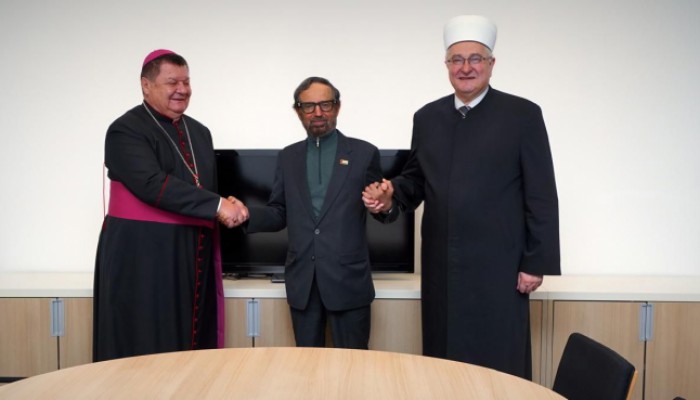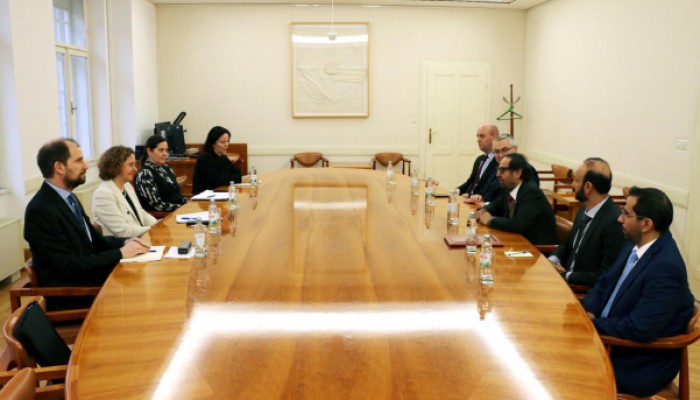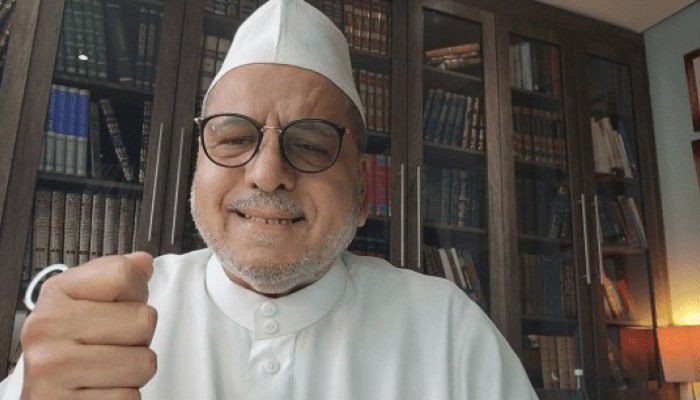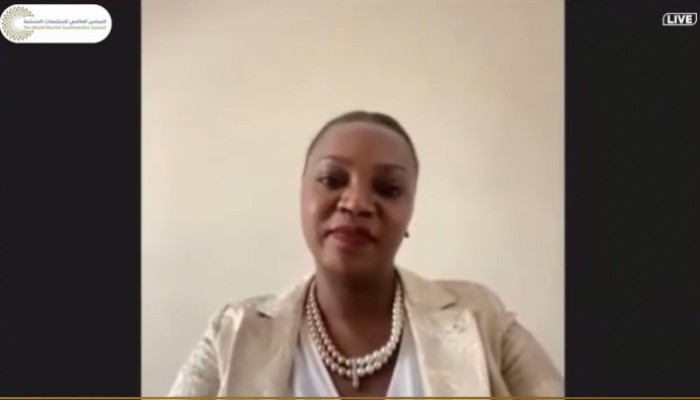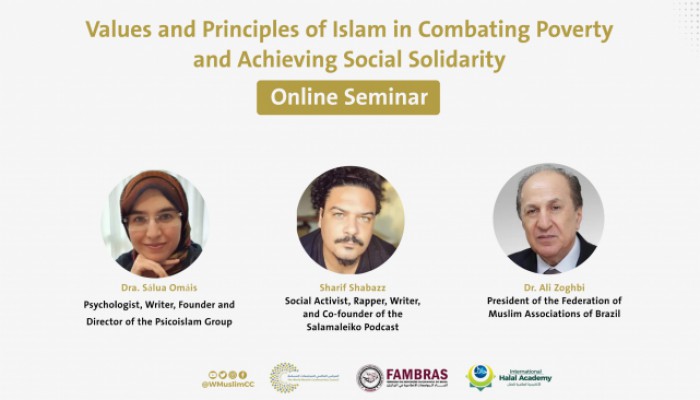
TWMCC Hosts “Values and Principles of Islam in Combating Poverty and Achieving Social Solidarity” Online Lecture
- 2025-Aug-19
The World Muslim Communities Council (TWMCC) recently convened an online seminar titled “Values and Principles of Islam in Combating Poverty and Achieving Social Solidarity”. The session brought together prominent scholars, thinkers, and community leaders to discuss how Islamic teachings can address modern social and economic challenges.
Dr. Ali Zoghbi, President of the Federation of Muslim Associations of Brazil, opened by underscoring that solidarity in Islam is inseparable from the pursuit of justice. “Islam teaches us that fairness and social cohesion are not optional; they are essential duties for every believer who wishes to live by divine guidance,” he said.
He warned of the ongoing global food crisis, pointing out that millions still go without daily nourishment. “It is our shared responsibility to work toward universal food security,” he stressed.
Dr. Zoghbi also drew parallels between Islamic principles and modern legal systems, noting that while the wording may differ, the values are often the same. For example, zakat—obligatory charity—reflects the principle of providing structured support to people experiencing poverty.
Reflecting on Brazil’s Muslim community, he spoke about the Federation of Islamic Associations in Brazil (FAMBRAS), founded more than four decades ago by his father, Mohamed Zoghbi, who migrated to Brazil in the 1950s. Today, the organization continues to carry forward his vision through humanitarian initiatives.
Among its projects are the “Water, Health, and Life” program, which delivers clean water to underserved communities, and a joint UAE-Brazil initiative providing hundreds of free eye surgeries. Other UAE-supported efforts include distributing 100 million meals and a vocational training program, “Weaving for a Better Life,” to support refugees and migrants.
Adding a psychological and social perspective, Dr. Sálua Omáis, Psychologist, Writer, Founder and Director of the Psicoislam Group, noted that poverty has multiple roots: historical legacies such as slavery and colonialism, economic barriers like unemployment, political instability, social and cultural inequalities, and even environmental and personal challenges.
According to her, more than one billion people around the world live in poverty, with half of them in war zones. In Brazil alone, some 14 million people are affected. “Poverty leads to hunger, joblessness, migration, violence, and shorter lifespans,” she said. “Islam, however, offers a framework rooted in justice and equality that safeguards human dignity.”
From a cultural angle, Social Activist, Rapper, Writer, and Co-founder of the As Salaam Alaikum Podcast, Sharif Shabazz, highlighted the role of arts and culture in shaping perceptions of Islam. “Culture is a powerful vehicle for sharing the message of Islam, especially with young people,” he noted. He reminded participants that Islam has been part of Brazil’s history for centuries, a truth that deserves wider recognition.
Shabazz explained that his podcast seeks to counter stereotypes about Muslims while highlighting the diversity of the Islamic world. “Islam is not confined to Arabs. Muslims come from every background and bring unique cultural experiences,” he said.
He emphasized that true faith extends beyond rituals, requiring Muslims to build just and compassionate societies actively. “The Islam that speaks to the hearts of those in Brazil’s favelas is the Islam that welcomes the poor and frees the oppressed,” he said, adding that hip-hop culture has often carried Islamic values such as equality and humility.




